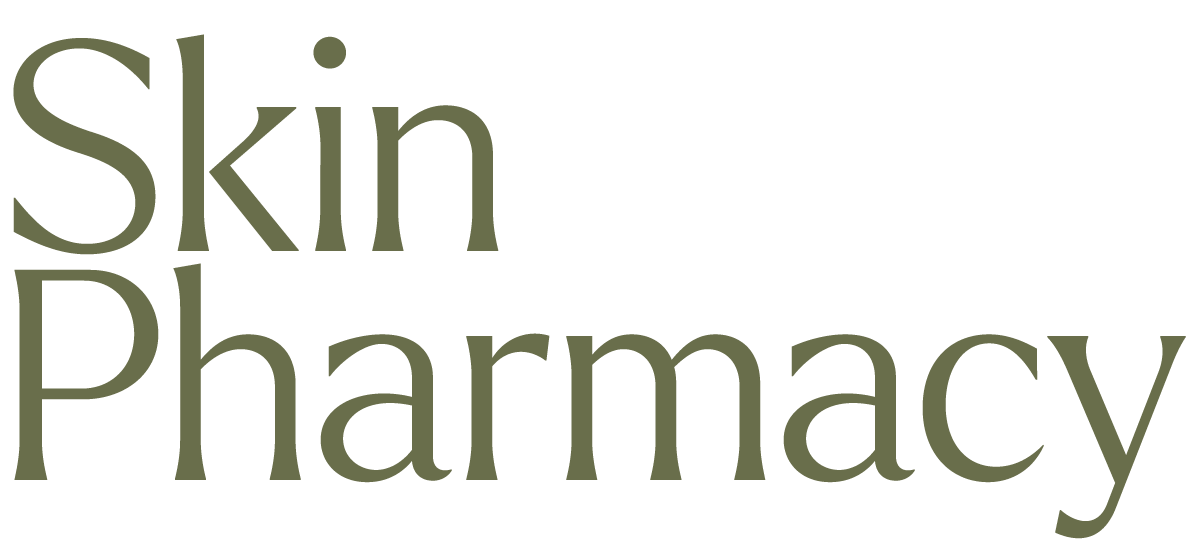Pregnancy-Safe Skincare
December 03, 2023“From the first day of pregnancy, hormone levels change dramatically, with high levels of oestrogen and progesterone being produced, which can affect the skin,” explains dermatologist Dr Tiina Meder. “
Pregnancy is an exciting time for many women, but having to deal with the changes that occur in the skin can also be daunting. While some mums-to-be may be blessed with the famous pregnancy glow, others can be afflicted with unwelcome skin issues such as pigmentation, breakouts and sensitivity. The culprit for most of these conditions are hormones. “From the first day of pregnancy, hormone levels change dramatically, with high levels of oestrogen and progesterone being produced, which can affect the skin,” explains dermatologist Dr Tiina Meder. “Hormone shifts also affect the immune and nervous systems and since the skin is closely linked to these, it can trigger inflammation and breakouts,” she adds. Rest assured that many of these undesirable skin issues are temporary and most can be addressed with pregnancy-friendly skincare. Here are some skin changes you might experience and some guidance on how to treat them.
During pregnancy, you may develop melasma aka ‘the mask of pregnancy’ which shows up as large patches of discolouration around the forehead, cheeks and lips. You might even notice darkening around the nipples and a line going down the middle of the belly called the linea nigra. This increase in pigmentation is down to a rise in oestrogen, which leads to a temporary spike in the skin’s melanin production. The good news is, that in most cases, any discolouration will fade on its own during the postpartum months. Since sun exposure can exacerbate pigmentation, covering up and committing to a daily SPF regime is your best line of defence. “Switch to mineral sunscreens with zinc and titanium dioxide, and avoid SPFs containing benzophenone, which can be potentially harmful to the baby,” says Dr Meder.FADE MELASMA
“Switch to mineral sunscreens with zinc and titanium dioxide, and avoid SPFs containing benzophenone, which can be potentially harmful to the baby,” says Dr Meder.
Try AlumierMD Moisture Matte Broad Spectrum SPF40 which protects against UVA and UVB rays. “It’s best to avoid traditional pigmentation fading ingredients like hydroquinone, salicylic and kojic acids for the same reason,” adds Dr Meder. For exfoliation, alpha-hydroxy acids like lactic and glycolic are safe to use in low concentrations. Opt for skincare rich in antioxidants like vitamin C, as well as niacinamide - both of which can tackle pigmentation and help fight signs of ageing. We recommend Meder Beauty Nrj-Soin Serum , which is packed with niacinamide to suppress the transfer of melanin, bilberry extract to even out skin tone and vitamin C-rich citrus medica to reduce discolouration.
| View product | View product |
REPLENISH DRY SKIN
“An increase in blood volume during pregnancy means the kidneys need to work harder leading to more frequent urination. This fluid loss can cause dry and dehydrated skin"
Boost hydration levels by drinking plenty of water. Hot showers and baths are tempting, but can exacerbate dryness, which is why dermatologists recommend using lukewarm water and applying a moisturiser directly onto damp skin to help lock in hydration. Scan ingredient labels for hyaluronic acid, niacinamide, glycerin and shea butter to quench thirsty skin. Medik8 Nourishing Body Cream melts into the skin offering comfort and hydration
|
|
| View product |
TACKLE BREAKOUTS
It’s not uncommon to be blighted with oilier skin and breakouts during pregnancy and surging progesterone levels are to be blamed. Before you reach for your go-to spot remedy, read the label as some active ingredients like retinoids (vitamin A) and salicylic acid may be absorbed by the skin and should be avoided during pregnancy and breastfeeding. “Look for retinol alternatives like avocutin extracted from avocado, prebiotics such as alpha-oligosaccharide or inuline, green tea, chamomile, marigold and aloe vera extract – all are known for their anti-inflammatory properties,” advises Dr Meder. The gentle Meder Beauty Equa Derm Cream contains avocutin, to reduce sebum production by 30 per cent after three weeks of daily use. Keep spots under control by washing the skin twice a day with a mild cleanser, resist the urge to pick them and use oil-free, non-comedogenic make-up.
|
|
| View product |
SOOTHE SENSITIVE SKIN
The skin can become overly reactive during pregnancy with signs including redness, heightened sensitivity and irritation. “Hormone fluctuations can stimulate the blood flow and cause the blood vessels in the skin to dilate. It can also crank up the skin’s sensitivity to things like sunlight, temperature and fragrance, and don’t forget the body is also pumping out more blood to support the growing fetus, which can lead to a flushed complexion,” explains Dr Meder. Manage delicate skin with Meder Beauty Red-Apax Concentrate – it’s infused with natural mushroom’s extract, prebiotics, probiotics plus calming plant extracts.
|
|
| View product |
PREVENT STRETCH MARKS
Love them or loathe them, pregnancy stretch marks are a result of the magnificent work a woman’s body can do. They form as the skin rapidly expands with the growing bump. This accelerated stretching causes the skin’s supporting collagen and elastin to rupture leading to streaky scars across the stomach, hips and breasts. Dr Meder says that while moisturising may help prevent them, there is no definitive cure, but if it is any consolation, they can fade over time. Moisturising areas where marks are most likely to appear may help reduce their appearance and can also ease the itching sensation which occurs as they heal. Slather on Medik8 Nourishing Body Cream , which is filled with hydrating cocoa butter and natural glycerin to trap in moisture and relieve itchiness.
|
|
| View product |
For expert advice, speak to a Skin Pharmacy expert. Book an appointment here.
